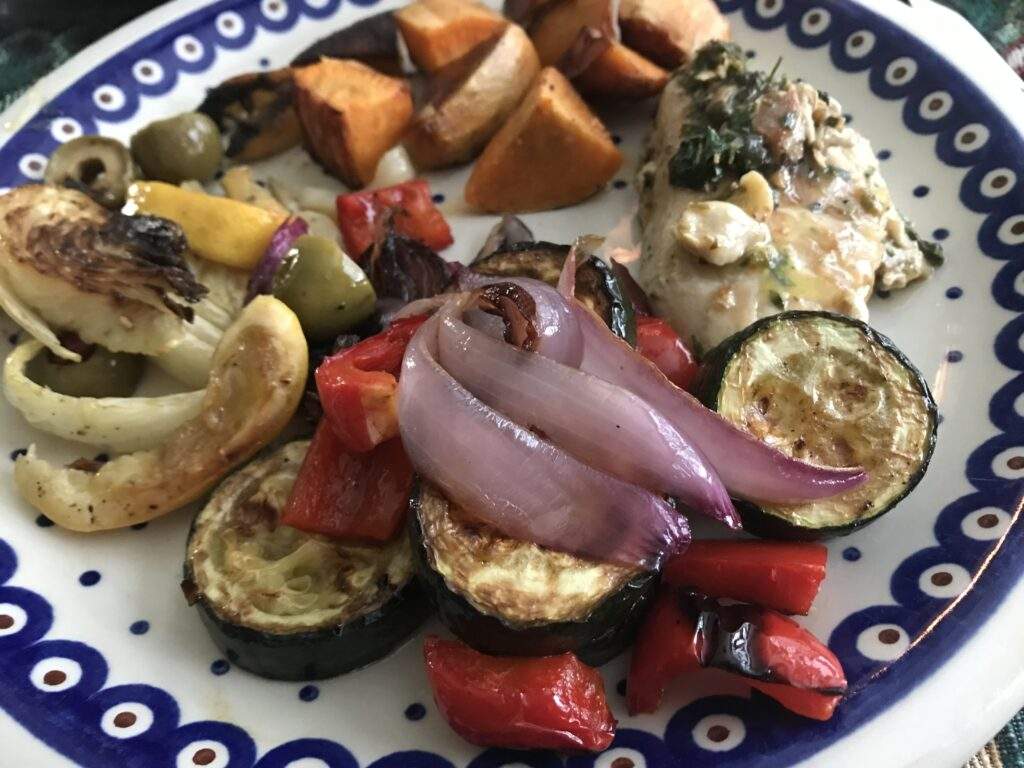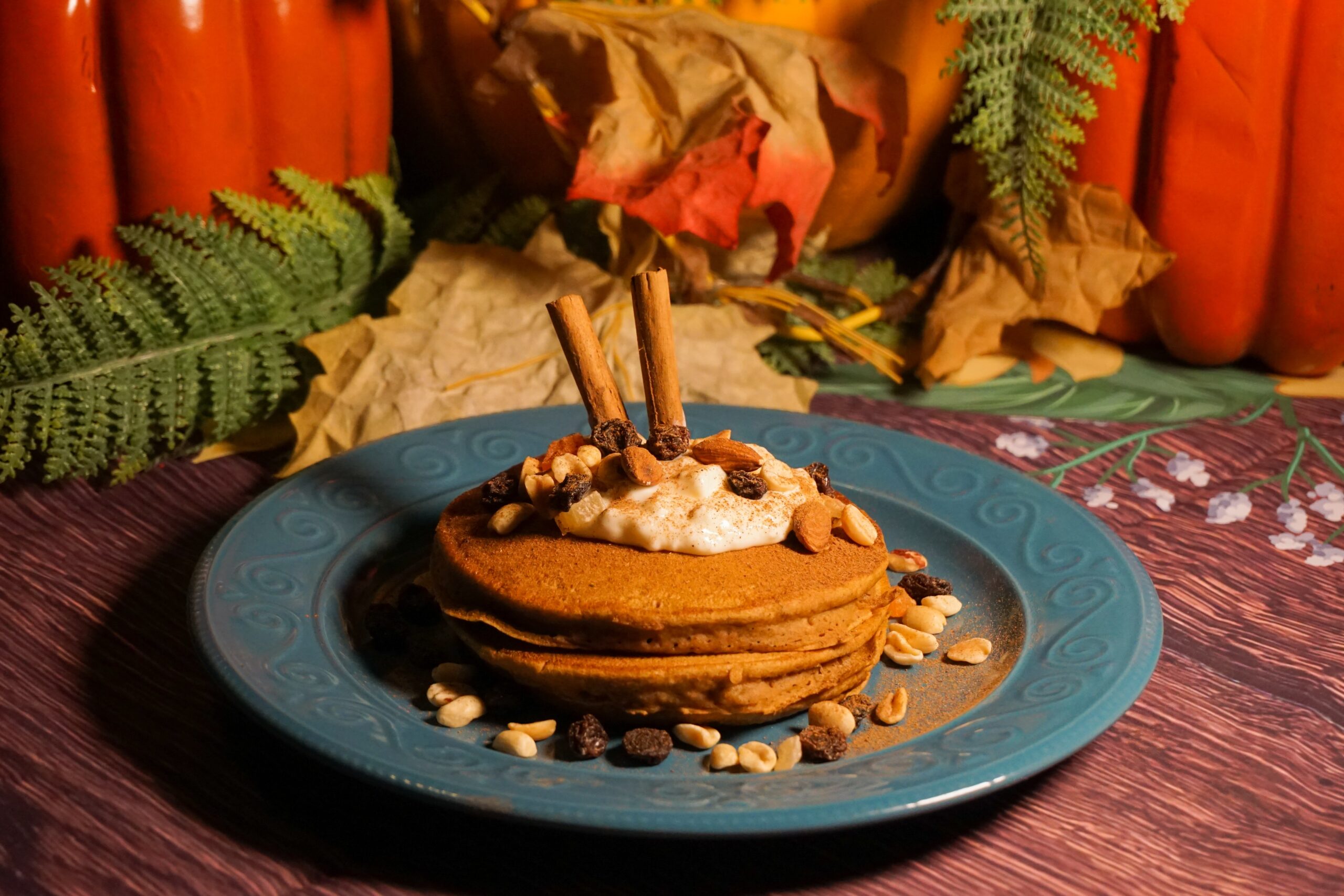
Andrea Nakayama, Functional Medicine Nutritionist and my Functional Nutrition teacher, likes to say that the four most important factors in our diet are quality, quantity, diversity, and timing.
Focusing on quality for a moment, think of it as real food vs. the ultra processed food that is a staple of the American diet.
It’s not just that there’s a big difference in quality when you compare processed foods with organic foods, animal products raised on pasture or in the wild, and whole foods — even so-called “healthy” processed options, i.e., sugar-free, gluten-free, low-fat, or organic, don’t stack up to real food.
But why are processed foods so bad for your health?
Listening to an interview with microbiome expert Tim Spector the other day, I learned why processed foods are so detrimental. It’s because of how they affect our gut microbes.
Our gut is home to trillions of microbes, known as the gut microbiota. The exact number of microbes can vary depending on a variety of factors, including diet, lifestyle, and genetics, but it is estimated that there are around 100 trillion microbial cells in the human gut.
The gut microbiota plays a critical role in our health, with functions ranging from aiding in digestion and nutrient absorption to modulating the immune system and protecting against pathogens. Some specific roles of the gut microbiota include:
- Digestion: The gut microbiota helps break down complex carbohydrates, fiber, and other components of our diet that our own enzymes cannot digest.
- Nutrient production: Certain gut microbes produce vitamins and other nutrients that our bodies need, such as vitamin K, biotin, and folate.
- Immune modulation: The gut microbiota helps regulate the immune system, preventing it from overreacting to harmless substances and triggering inflammation.
- Barrier function: The gut microbiota helps maintain the integrity of the intestinal lining, preventing harmful substances from passing into the bloodstream.
- Pathogen defense: The gut microbiota helps protect against pathogenic bacteria and other harmful microorganisms by competing for resources and producing antimicrobial substances.
Since the gut microbiome plays such a crucial role in human health, what’s bad for our bugs is bad for us! Disruptions to its composition or function have been linked to a range of diseases, including obesity, inflammatory bowel disease, and even neurological conditions like depression and anxiety.
Which brings us back to food quality. It turns out that processed foods are detrimental in multiple ways:
-
- They are absorbed more quickly, so our brain doesn’t register fullness as quickly and we tend to overeat them.
- The refining process triggers bigger spikes in blood sugar (think increased body fat, energy crashes, and diabetes).
- There is little fiber remaining in these products, which means they don’t nourish our microbes with their favorite food.
- There are many chemicals added for taste and texture. Things such as glues, emulsifiers, and gums are unnatural and tend to stick the microbes together.
- Our microbes don’t know what to do with artificial sweeteners, which are derived from paraffin and the petroleum industry. Our microbes in turn produce weird substances trying to break these things down. They are not inert or harmless!
In the interview, Mr. Spector concluded that quality is the most important factor when it comes to food.
So eat real food, avoid the processed stuff, and you’ll be well on your way to a younger-feeling, healthier you.



